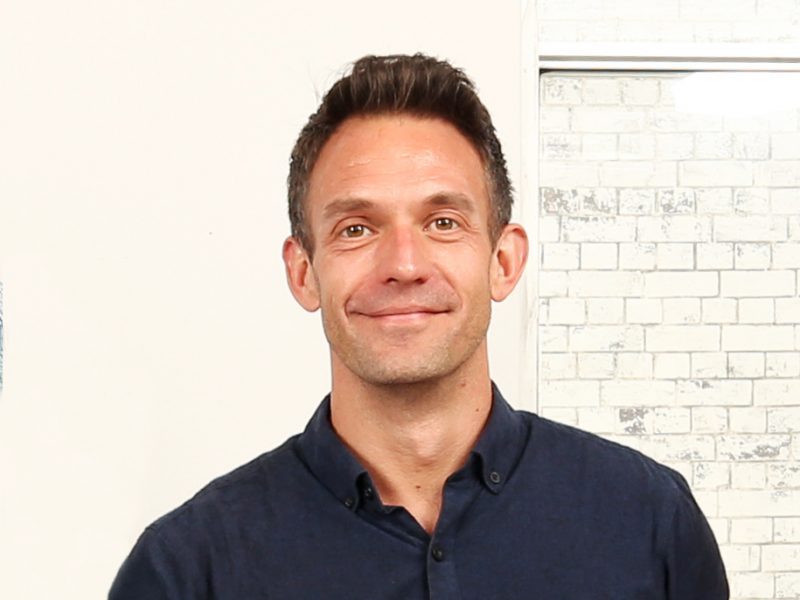‘Media and marketing renaissance’ predicted following Facebook news removal
Yesterday’s decision from Facebook to remove news from local and international outlets will have a trickle down effect beyond the publishing industry, PR and social specialists have said. With the public relations industry so closely tied to publishing and the impact Facebook’s move will have on earned media, some have voiced support for smaller publishers while calling out the “arrogance” of larger publishers.
Magnum & Co managing partner, Carl Moggridge, said a “media and marketing renaissance” could be on the horizon, improving the quality of news content and the creativity driving brand activations on social media.
“The fact some, mostly big, publishers want digital platforms to not only subsidise their journalism, but also get access to data and algorithm changes is the height of arrogance. It’s important to remember audiences, revenue and advertising dollars have been moving away from them for decades. Way before Facebook was even a thing,” Moggridge told Mumbrella.

Magnum & Co’s Carl Moggridge

